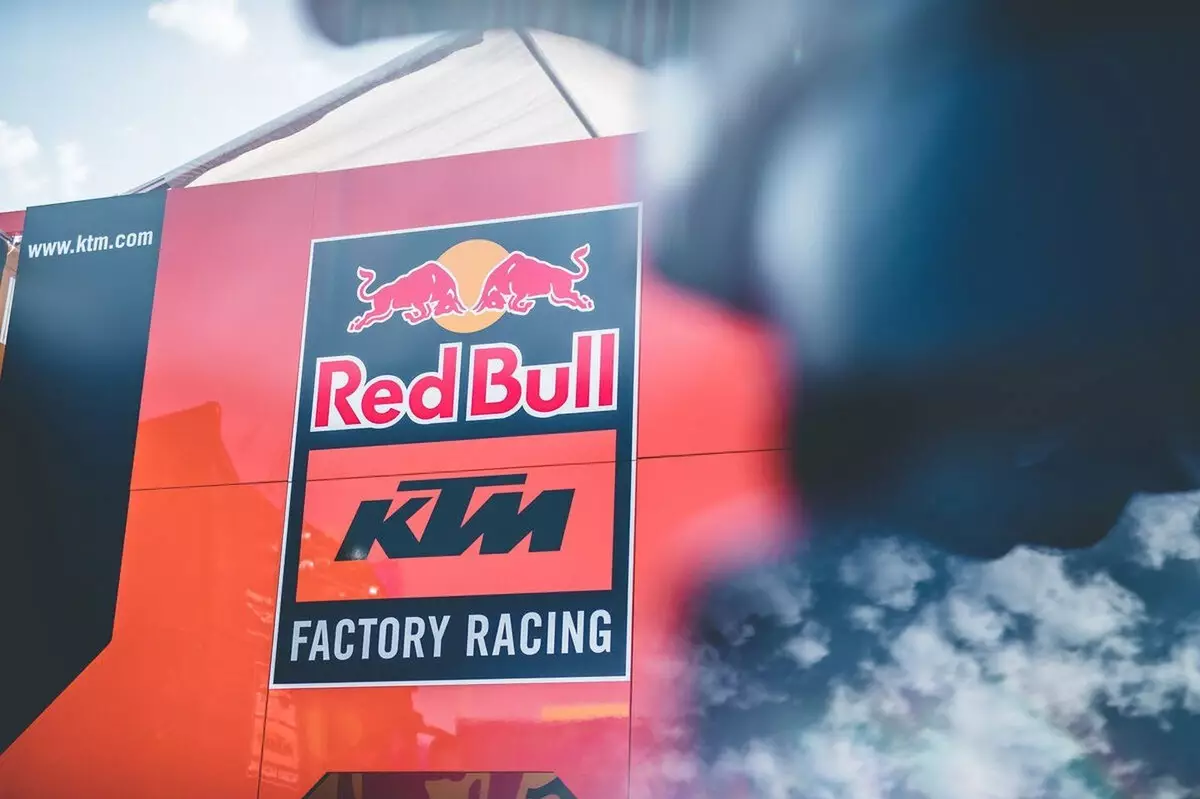The motorsport world is abuzz with uncertainties as KTM, the renowned Austrian motorcycle manufacturer, hints at a potential exit from the MotoGP racing series and its lower classes, Moto3 and Moto2, by 2026. This speculation arises amidst a significant restructuring effort initiated under the pressures of financial redress. As the company attempts to navigate through its emerging challenges, the implications for its racing teams, its workforce, and the broader motorsport ecosystem are profound.
KTM has found itself in a precarious financial situation, compelling management to appoint an administration team to oversee a comprehensive restructuring plan. The company confirmed on December 20 that a potential exit from the MotoGP series is being seriously considered as part of its cost-reduction strategy. The Alpenländischer Kreditorenverband (AKV) highlighted this possibility in a recent report during discussions with creditors, indicating that the firm is evaluating ways to tighten its financial belt. This shift is emblematic of broader trends in the motorsport industry, where economic pressures have forced several manufacturers to reassess their commitments to high-cost racing series.
Austrian news sources, including Der Standard, have reported that the exit is not merely a hypothetical discussion but a strategic plan that KTM has been contemplating. The timing of these announcements raises questions about the long-term viability of KTM’s involvement in premier motorcycle racing, especially given its historical significance and competitive spirit. Such a move could potentially reshape the landscape of MotoGP, which thrives on the commitment and competition brought in by diverse manufacturers.
KTM’s potential exit could be devastating for multiple stakeholders within the MotoGP ecosystem. The company currently holds valuable contracts with renowned riders such as Pedro Acosta, Brad Binder, Maverick Vinales, and Enea Bastianini, all of which run until the end of the 2026 season. Their presence is not just essential for the team but also plays a crucial role in maintaining fan engagement and brand loyalty. The management at KTM is aware of the potential “significant PR damage” that could arise if they were to withdraw from the championship prematurely. Thus, retaining their place until the stipulated conclusion of current engagements seems a priority.
Given that KTM is entrenched in contracts with MotoGP’s promoter, Dorna, any abrupt withdrawal may lead to legal tussles and liability issues. The company is juggling its current commitments while simultaneously engaging in talks with potential investors about alternative paths forward. Sooner or later, clarity will emerge regarding who might step in to support KTM’s ambitious motorsport endeavors, especially if the restructuring takes a favorable turn.
The financial stakes in this situation reach staggering heights, with estimates of up to €3 billion hanging in the balance. In 2023 alone, KTM allocated a striking €95 million to its racing initiatives. Such figures elucidate just how pivotal motorsport participation is for the Pierer Mobility Group’s overall strategy, illustrating that high-investment initiatives come with accompanying risks.
Interestingly, KTM’s administrative struggles have sparked some immediate relief for its employees. Reports indicated that the December wages would be processed on time, albeit with some delays concerning outstanding November payments and the Christmas bonus, which will be settled through the insolvency wage fund. This aspect highlights that amidst the turmoil, the firm is striving to maintain a semblance of operational stability for its 3,600 workers based in Upper Austria, a commendable but seemingly tenuous balancing act.
If KTM follows through with its plans to exit MotoGP by 2026, the implications will reverberate throughout the racing community. Fans, teams, and sponsors are likely to experience a shift in enthusiasm and opportunities as one of the prominent players bows out. Moreover, the loss of KTM could catalyze changes in competition dynamics, paving the way for rival manufacturers to capitalize on KTM’s absence.
The journey ahead for KTM appears fraught with challenges, balancing necessary financial restructuring against the desire to remain a competitive force in motorcycle racing. Ultimately, the decisions made in the coming months will determine the future trajectory not only for KTM but for the MotoGP series as a whole, profoundly impacting numerous stakeholders along the way.

